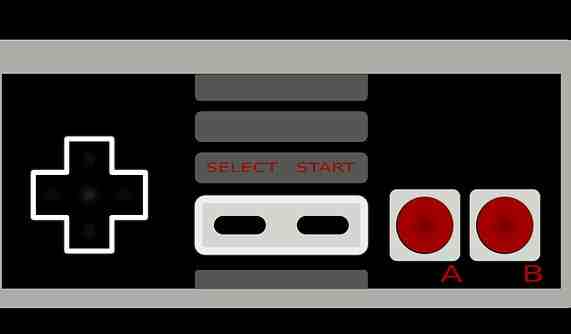
Government intervention has always resided in the nether world of Sisyphean dilemmas. On one hand the intervention itself is almost certainly going to do more harm than good. The problems addressed by government are too large, systemic, and chaotic to allow some policy wonk’s solution any reasonable chance of success. On the other hand, without any intervention, government faces the ever irate public cry of “why isn’t somebody doing something?” Regrettably, both for government and its unwitting constituents, the interventions that do occur usually produce regrettable, destructive, and often ridiculous results. In a recent release from the Snowden leaks, the public was treated to the news that the NSA was spying on players in games like World of Warcraft and Second Life. For those of you who are not gamers, (or are just too embarrassed to say so,) these are online games where many players are able to participate simultaneously. From the comfort of your own living room, you can be fighting or conversing with people from across the world. (Sort of like when my French relatives come to visit.) The NSA thought that terrorists might be using these games as a means to covertly talk to each other, and subsequently started tracking in-game conversations. The indications that terrorists were actually doing so, however, were flimsy and lacked any credible backing. Thus, it came as little surprise that even though a lot of resources were thrown at the project, nothing of any value was found. Luckily for the game playing folk, this project was eventually halted. It’s easy to imagine though what could have happened had the NSA decided to let it run a little bit longer. World of Warcraft is full of players making bombastic threats. It’s not hard to lead them into making any kind of terrorist threat imaginable. Add to the mix an international cast of players with an intimate knowledge of all the foreign areas that interest the bad guy hunters, and you have a potent mix that is ripe for misunderstanding and heavy handed responses. Kudos to the NSA for at least some kind of post-op restraint. On a less exciting front, but perhaps more practical, is another form of government intervention with which we’re all familiar: the economic stimulus. The Fed has been priming the pump and pushing cash into the country’s coffers in an effort to bolster the country’s still flagging economy. Robert Schiller, one of the 2013 winners for the Nobel Prize in economics, has said publicly that this process is causing bubbles to form. The stock market is reaching new highs but it’s coming as the result of an unsustainable input. The idea is simple. Take a system of any kind, keep pushing something into it without letting up, and soon enough you’ll see a very tense expansion. It could be too much air in a balloon, too much caffeine in your body, or too many French relatives in your living room. At some point the system, or its parameters, collapses.

